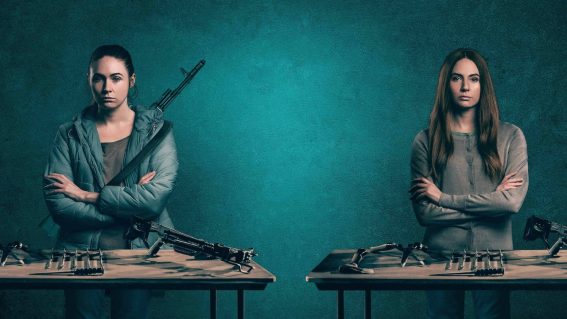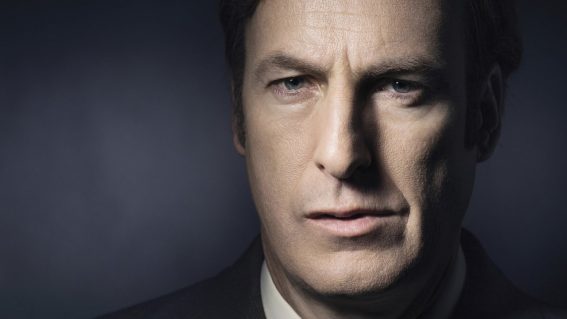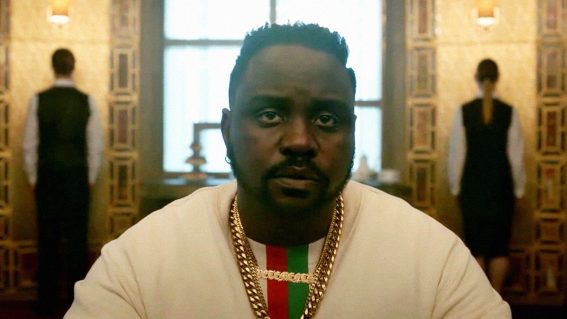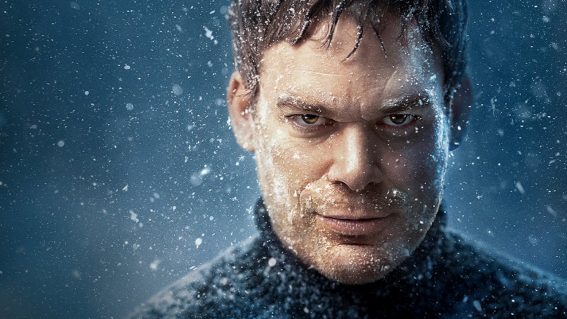Bryan Cranston breaks bad again in Your Honor, but not how you expect
Bryan Cranston plays a rule-breaking judge in Neon’s latest.
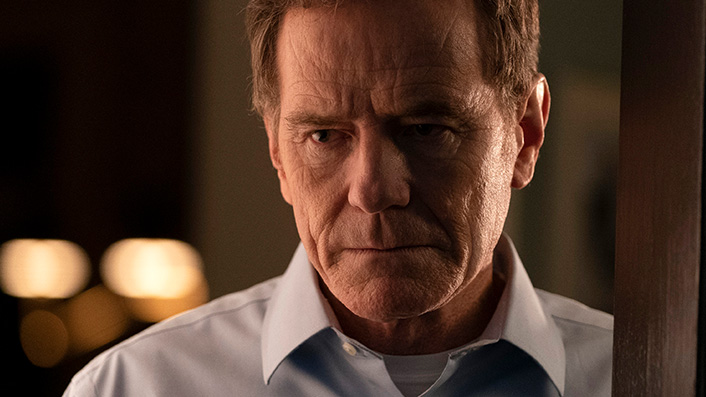
Now streaming on Neon, Your Honor is a ten-episode legal thriller with the mighty Bryan Cranston as a respected New Orleans judge whose teenage son is involved in a hit-and-run that leads to a high-stakes game of lies, deceit and impossible choices. While it might seem like a Breaking Bad clone, Liam Maguren explains why it stands apart and how Cranston continues to be a commanding presence.
Bryan Cranston peaked with Breaking Bad. His impactful, transformative role as teacher-turned-drug-lord Walter White is a textbook example of masterclass acting that might actually be in a textbook somewhere.
It’s almost impossible to match, as the following seven years of Cranston’s career would prove. While he’s dished out some stellar performances in prestige films like Last Flag Flying and Trumbo (the one that earned him an Oscar nomination), those roles didn’t puncture pop culture like The One Who Knocks.
See also
* Films and shows now streaming on Neon
* Everything new to Neon in December
Now he’s back in the lead saddle of a high-profile series with Your Honor, based on the 2017 Israeli show of the same name. Playing a respected court judge, Michael Desiato, who’s forced to cover up his teenage son Adam’s unintended hit-n-run, you could say Cranston’s reverted to breaking more bads. And that’s technically true.
However, while Vince Gilligan’s classic crime show dealt with an underappreciated man choosing the lawless life, this latest saga from Peter Moffat gives Cranston’s character pretty much no choice in the matter.
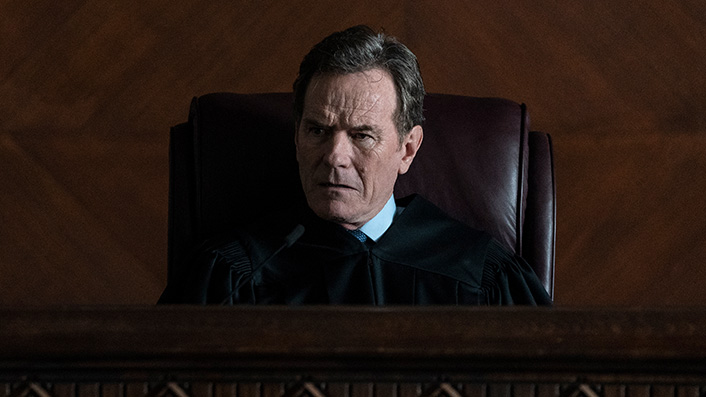
For anyone who’s seen The Night Of, an adaptation of Moffat’s UK show Criminal Justice, be prepared to revisit similar feelings of circumstantial dread. The opening moments of Your Honor relish in seemingly unrelated moments: a jog in the neighbourhood, a visit to a memorial, a son receiving a birthday gift. However, the brooding atmosphere promises something awful’s about to happen, and when it does, all those previously innocuous details harbour grand consequences.
In the first episode, Emmy-nominated director Edward Berger (Patrick Melrose) proves himself an expert conveyer of people making believable mistakes. Adam, played superbly by young Hunter Doohan, reaches for his inhaler midway through an asthma attack, causing him to hit the unfortunate soul riding a motorbike. A hair away from death, Adam tries to help the fallen rider in a manner you almost know will come back to haunt him. Then the victim dies, dunking Adam into a pool of panic which inevitably leads to even more believable—and costly—mistakes.
By the time his father Michael comes to learn what happens, we witness a devastated parent trying to console their scared child, and Cranston’s grounded portrayal of a calm-but-distraught dad assures you feel crushed about this situation.
Grounded still is their decision to go straight to the police, get Adam to confess, and accept the consequences of his actions under the eyes of the law. However, mere seconds before they notify the authorities, Michael learns that the father of the deceased just so happens to be a criminal overlord who swears merciless death on the killer. So there goes that plan.
If the premise feels like it takes one too many coincidences on each other, take comfort in knowing that it leads to episode after episode of gut-twisting suspense. Had I not been assigned to write this feature, I most likely would’ve given myself a few days breathing room in between the three episodes I watched.
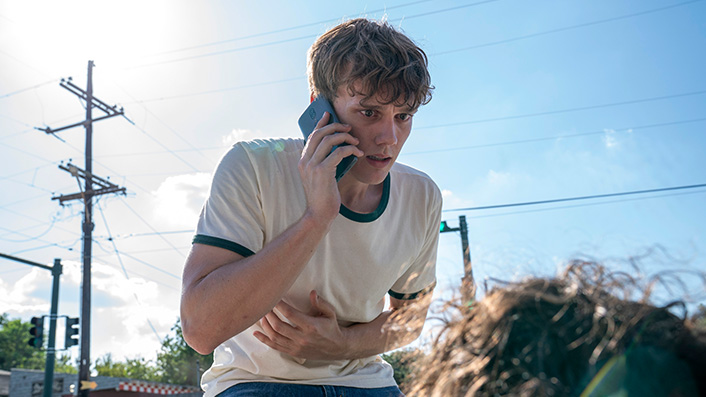
In direct contrast to Walter White, the honourable Michael Desiato takes no pleasure pulling sneaky shit to hide his son’s actions. His status as a respected judge has earned him a lot of trust within law enforcement, one he’s forced to bend to his will. Years of dealing with deceitful people in court have honed his bullshit detector, making him an experienced manipulator.
Michael also knows the law and its proceedings like Bobby Fischer knows chess. Instead of thinking three moves ahead, Michael’s mind pictures his son’s case in three months when he’s asked questions about where he was at the time of the hit-n-run.
But does this make Michael a master at evading local authorities? Absolutely not. It just makes him slightly less incompetent than most. So while it’s worth celebrating every little victory he earns, there’s always the underlying anxiety that a simple sneeze could cause everything to collapse.
That goes double for Adam. Forced to keep quiet about the most distressing event of his life, that expanding guilt has nowhere to go except the pit of his stomach, making him a human timebomb in this ungodly situation.
And yet, they’re not the biggest victims. I compared Michael’s mind to that of a chess player, but it’s not a perfect analogy. On a chessboard, there is an even number of black and white pawns. In this scenario, there are far more Black pawns for Michael to sacrifice.
Lamar Johnson (who was great in The Hate U Give) plays Kofi, a young Black teenager who inadvertently becoming a potential sacrificial lamb when a simple case of car theft nudges him into becoming a scapegoat for Adam’s actions. Despite his young age, he’s hyper-aware of the racism embedded into America’s legal system.
When asked about any previous charges, Kofi responds, “Usual shit… skateboarding while Black or whatever…” It’s purposely unsubtle, like most of the show’s examples of racial injustice. But when the actual country is no longer subtle about its racism, you can’t blame Your Honor for being blunt about it.
Intriguingly, the honourable Michael Desiato first appears to be a strong ally to the Black community in an earlier scene where he goes out of his way to punk out a racist white cop on the stand. It’s an earnest example of a man using his position, power and privilege to make the world a better place. However, with his son in this dire situation, he wields all three of those things as instruments of survival.
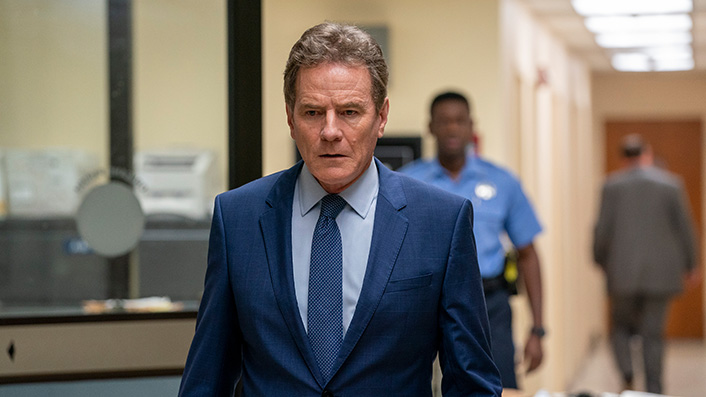
The longer this goes on, the more he treads morally murky waters, shedding more and more of his honour to keep his son safe. Can you see the double entendre in the title now?
As Michael Desiato, Cranston reminds us why he’s such a commanding presence on screen. Despite the threat of his world imploding, Michael has to keep his cool demeanour almost all the time. And yet, a simple lip quiver or a hopeless stare act as windows to the dread he’s trying to contain. Amongst all that silence, the rare moments he does get to explode hit like a hammer to the jaw.
And while Walter White’s moral compass pointed steadily as time went on, Michael’s starts to shake. And how does a judge pass judgement himself in this situation? It’s difficult for me to say after three episodes, but his response to a disgruntled cop is very telling: “You try a case on the evidence. You can’t judge a man on what you fear he might become.”







